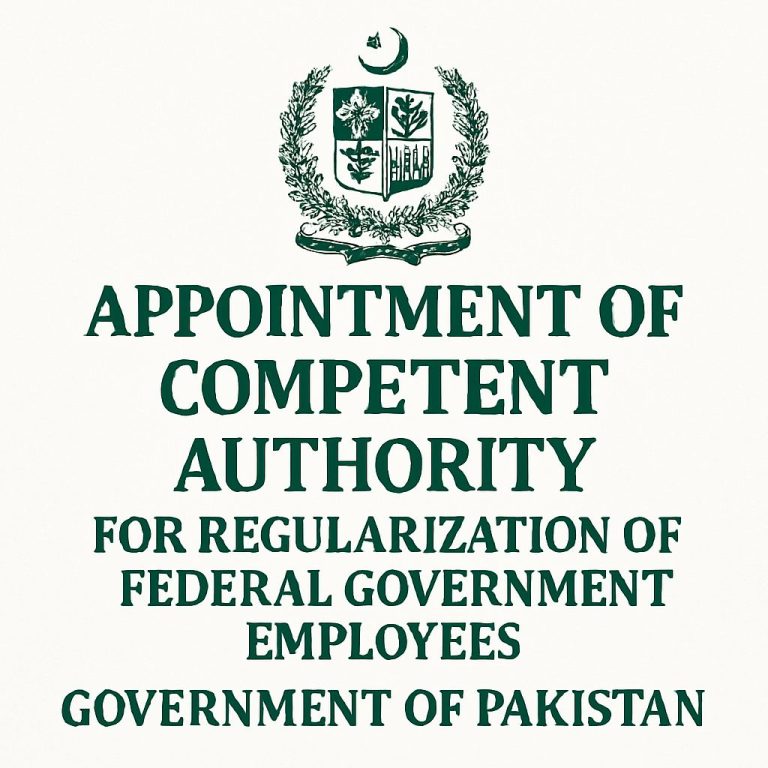
Pakistan warns it can respond to India anytime amid rising border tensions. Learn the key developments, defense strategies, and implications for regional stability.
Introduction: Pakistan’s Bold Warning to India
The latest wave of tension between Pakistan and India has escalated sharply after a strong warning from Pakistan: “We can respond anytime to India.” This statement underscores the fragile peace in the region and highlights growing concerns of a full-scale military confrontation. In this article, we examine the latest developments, the defense posturing from both sides, and the global consequences of a potential clash.
1. Background: Longstanding Rivalry
The India-Pakistan conflict is rooted in deep historical, territorial, and political issues — most notably the Kashmir dispute. The two countries have fought multiple wars and countless skirmishes along the Line of Control (LoC). Despite periods of peace, the underlying tensions have never truly disappeared.

2. What Triggered the Latest Warning?
Pakistan’s warning comes amid recent provocative actions along the border, including:
- Ceasefire violations by Indian forces.
- Aggressive military drills near the LoC.
- Political rhetoric from Indian leadership on Pakistan-administered Kashmir.
In response, Pakistani officials declared that their armed forces are fully prepared and that a response can be launched anytime if provoked.

3. Pakistan’s Military Readiness
Pakistan has reiterated its military readiness on multiple platforms. Key elements of this readiness include:
- Increased patrols along the LoC.
- Deployment of advanced missile systems and air defense technology.
- High alert status for Pakistan Air Force and Army Strategic Forces Command.
- Strong coordination between civilian and military leadership.
This posture is aimed at sending a clear message: Pakistan is not seeking war, but is ready to respond swiftly if required.
4. India’s Defense Stance
India, on the other hand, maintains that its military activities are defensive in nature. However, its actions on the ground — including troop movements and political claims — are seen by Pakistan as provocations. The possibility of miscalculation or misunderstanding could ignite a dangerous escalation.
5. Nuclear Deterrence Factor
Both India and Pakistan are nuclear powers, making any potential conflict even more dangerous. Pakistan’s warning also implies that strategic capabilities are on standby, raising concerns globally. The concept of Mutual Assured Destruction (MAD) plays a critical role in preventing war, but cannot rule out the danger of a localized military conflict.
6. Regional and Global Reactions
The international community, including China, the United States, and the United Nations, has urged both sides to exercise restraint. However, the Pakistan-India rivalry is a complex issue, and diplomatic solutions often fail due to lack of trust and political pressure from domestic audiences.
7. Conclusion: On the Edge of Conflict
With tensions at an all-time high and Pakistan stating it can respond anytime, the region is walking a tightrope. Diplomatic channels must be reopened immediately, and international powers must step in to mediate before it’s too late. The world cannot afford a war between two nuclear-armed neighbors — especially in such a volatile global environment.
Keywords: Pakistan respond to India, Pakistan India tensions, Pakistan military response, Pakistan India border crisis, nuclear standoff South Asia, Kashmir tensions, India Pakistan latest news, LoC violation response
Internal Links:





